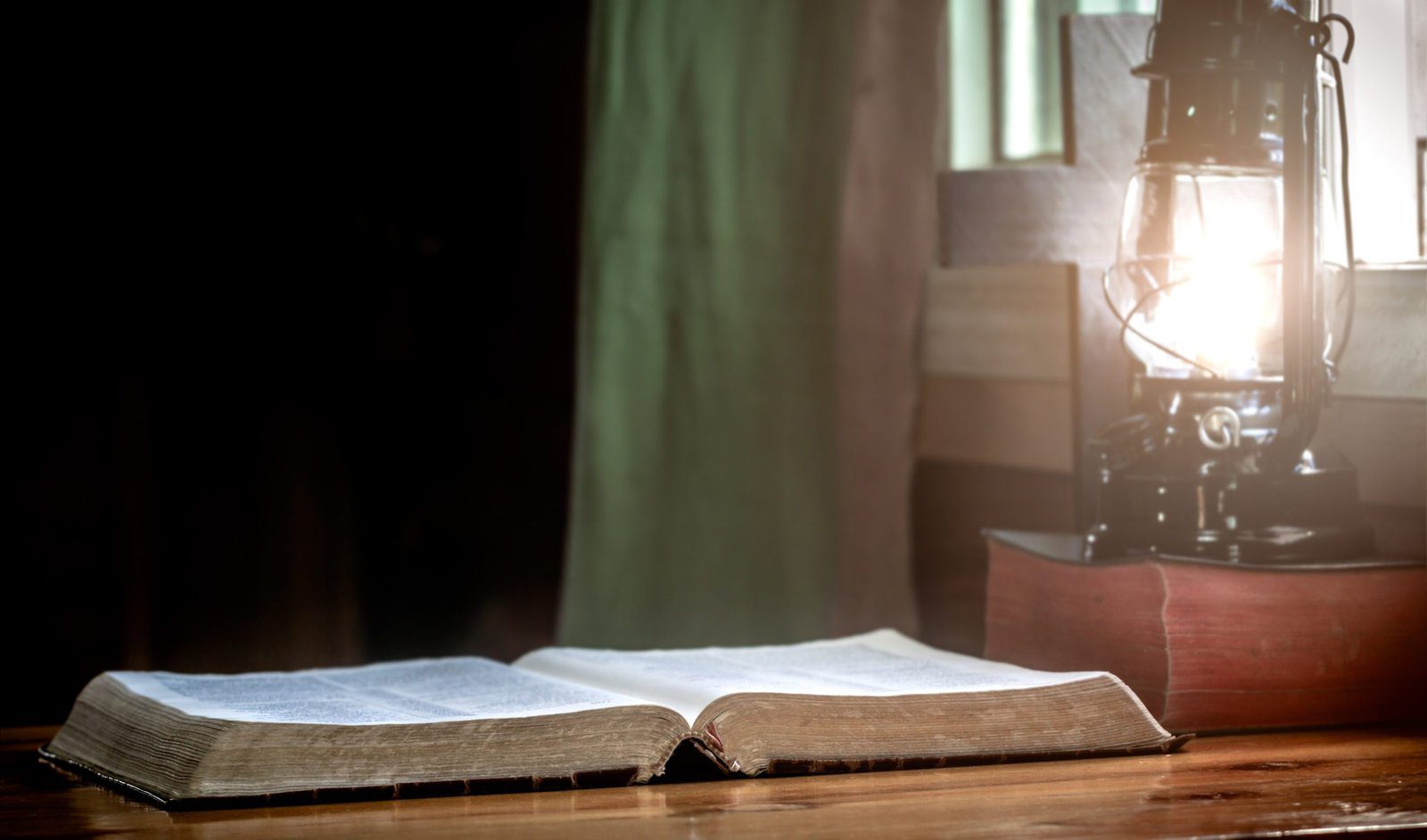“Oh, what peace we often forfeit. Oh, what needless pain we bear, all because we do not carry everything to God in prayer.”
Prayer: a devout petition, a spiritual communion with God.
A blessed privilege of which we avail ourselves far too little.
If Jesus found it necessary to pray, to withdraw from His disciples and the crowds that pursued Him to find solitude and pray, how much more should we, weak and stumbling as we are, take time to pray?
How comforting to read the Savior’s words: “I pray for them… Neither pray I for these alone, but for them also which shall believe on me through their word…” [John 17:9, 20] and to know He still lives to make intercession for us. [Hebrews 7:25]
Distances of all kinds may separate us from those we love, but through prayer, we can be instantly connected with their concerns, bear their burdens.
We may not be able to fix their problems, but by praying for them, we can bring their needs before the Lord Who is able to do “exceeding abundantly above all we ask or think.” [Ephesians 3:20]
Intercessory prayer—praying for others—has been practiced by all the best of God’s saints. “There has never been a man known for piety who has not been anxious to desire the good of others, and in his prayers for that end.”
Here are some examples:
Abraham: How earnestly did he plead for his son Ishmael! “O that Ishmael might live before thee!” He approached the Lord on the plains of Mamre, when he wrestled with him for Sodom.
Moses: How often do we read: “Moses and Aaron fell on their faces before God.” Remember his cry at the top of the mount, when it was to his own personal disadvantage to intercede, and yet when God had said, “Let me alone, I will make of thee a great nation,” yet how he cried, “Spare them, Lord, and if not, blot my name out of the Book of Life.” Never was there a mightier prophet than Moses, and never one more intensely earnest in intercessory prayer.
Samuel. Remember his words, “God forbid that I should sin against the Lord, in ceasing to pray for you.”
Solomon: His earnest intercession at the opening of the temple, when, with outstretched hands he prayed for the assembled people.
Hezekiah: with Sennacherib’s letter spread out before the Lord, when he prayed not only for himself, but for God’s people of Israel in those times of trouble.
Elijah, who for Israel’s sake would bring down the rain that the land perish not; as for himself, miracles gave him his bread and his water, it was for others that he prayed, and said to his servant, “Go again seven times.”
Jeremiah. Whose tears were prayers-prayers coming too intensely from his heart to find expression in any utterance of his mouth. He wept himself away, his life was one long shower, each drop a prayer, and the whole deluge a flood of intercession.
Peter prays on the top of the house.
Stephen amidst the falling stones.
Paul. Never ceased to remember the saints in his prayers, “making mention of you daily in my prayers,” stopping in the very midst of the epistle and saying, “For which cause I bow my knee unto the God and Father of our Lord Jesus Christ.”
“In prayer I can intercede for my friends, ministers, sinners, the church, thy kingdom to come with greatest freedom, ardent hopes, as a son to his father. Teach me to live by prayer as well as by thy providence, for myself, soul, body, children, family, church. Teach me that it is wisdom for me to pray for all I have, out of love, willingly not of necessity; that I may come to thee at any time, to lay open my needs acceptably to thee; that the remembrance of this truth is one way to the sense of thy presence.” The Valley of Vision
Prayers are instantly noticed in heaven. Think not that your prayer, however weak or trembling, will be unregarded. Where there is a heart big with sorrow, or a lip quivering with agony, or a deep groan, or a penitential sigh, the heart of Jehovah is open. C.H. Spurgeon




0 Comments